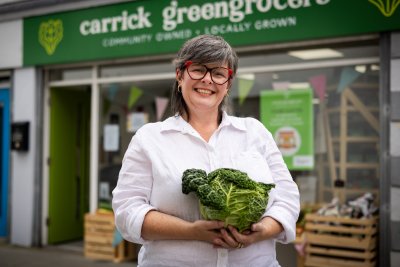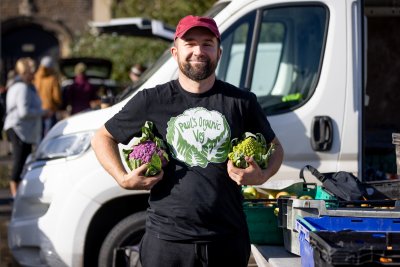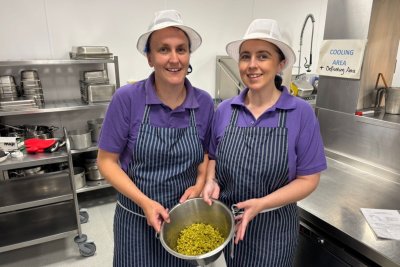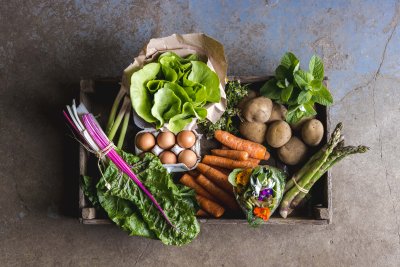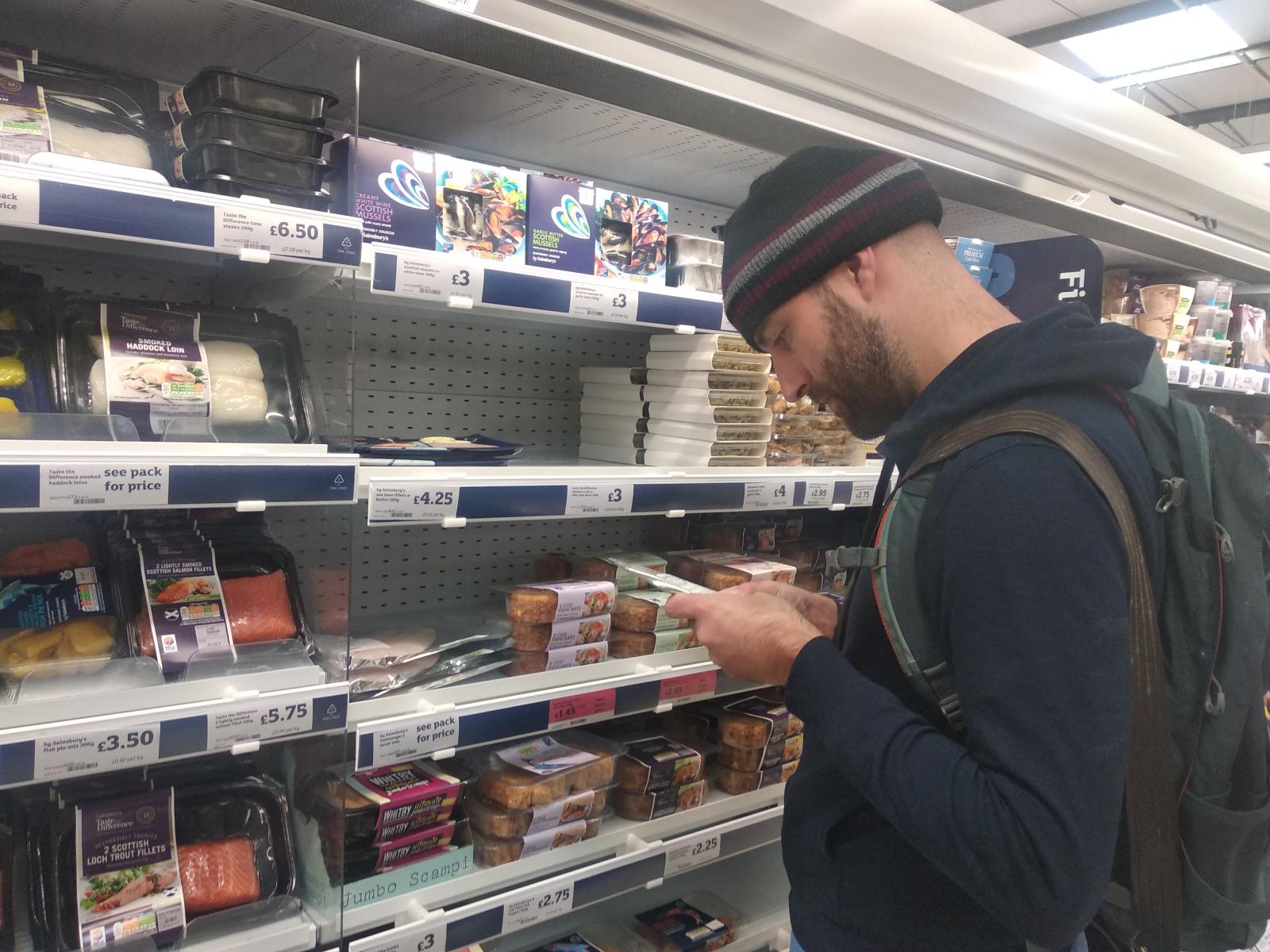

Could future trade deals thwart UK efforts to tackle illegal fishing and consumer choice?
Sustain is concerned that a no-deal Brexit, and subsequent trade deals, may undermine crucial efforts to tackle Illegal, Unreported and Unregulated (IUU) fishing, and affect the information available to consumers on packaging.
All seafood products sold within the European Union must be labelled with the area in which the fish was caught, and the fishing gear used (or farming method, for aquaculture products) (Directive No 1379/2013). This information is necessery for consumers wanting to check whether fish is from healthy stocks using the Marine Conservation Society’s Good Fish Guide. Without this information, it simply isn’t possible to be sure whether a fish product is sustainable unless the packaging also bears a sustainability ecolabel. This could be very serious for some species; seabass which is wild-caught, for example, is considered ‘fish to avoid’, whereas many sources of farmed seabass are OK to eat.
All wild-caught fish products imported into the EU must be caught by approved vessels and be accompanied by a valid catch certificate. Countries which fail to adhere to the EU’s guidelines to prevent and eliminate IUU fishing risk a temporary ban on importing into the European Union. (In the past this has happened to Belize, Cambodia, Guinea and Sri Lanka).
Farmed fish products (in the UK popular farmed species are salmon, king prawns, seabass, as well as some bream, tilapia and pangasius) must undergo a ‘residue monitoring plan’ in which products are tested for contaminants including veterinary drugs (including antibiotics), pesticides and heavy metals. Results must be submitted to the European Commission annually for approval.
Sustainable Fish Cities, the campaign led by Sustain aiming to end unsustainable fishing, is concerned that EU certification requirements are perceived as limiting U.S. agricultural exports, and as part of a new trade deal, requirements for catch certificates, chemical residue testing and labelling could be removed or watered down.
Now is the time to act
Sustainable Fish: A campaign to protect precious marine environments and fishing livelihoods, and call for fish to be bought from sustainable sources. We want to show what can be done if people and organisations make a concerted effort to change their buying habits.
Sustain
The Green House
244-254 Cambridge Heath Road
London E2 9DA
020 3559 6777
sustain@sustainweb.org
Sustain advocates food and agriculture policies and practices that enhance the health and welfare of people and animals, improve the working and living environment, promote equity and enrich society and culture.
© Sustain 2026
Registered charity (no. 1018643)
Data privacy & cookies
Icons by Icons8
